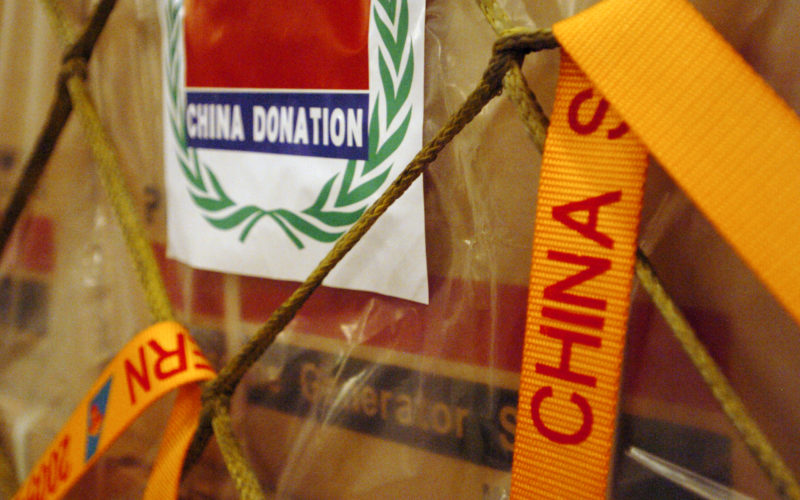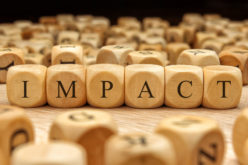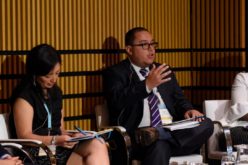by Job Lakal, Research Analyst, Macroeconomics at Economic Policy Research Centre (EPRC)
Between July and November 2018, I had the opportunity to study the political economy of development effectiveness in Uganda. Similar studies have been made before. But the timing of this one is particularly interesting. The reasons are twofold:
- Uganda’s development focus recently shifted from social development to one concentrated on creating economic/productive infrastructure
- “non-traditional” donors like China are playing a bigger role in Uganda’s development trajectory.
During my research I discovered a plethora of changes in the evolving relationship between Uganda and its external development partners. Throughout the study, I observed the following:
- During external support negotiations Ugandan government officials do not necessarily put public interest first, even when there are opportunities to do so.
From the onset, it would be easy to assume that in Uganda donors form a united front, and that government officials prioritize public interest in their negotiations with donors. But, the more I researched about the subject, the more these two assumptions were contested. For government, public interest should be a priority, yes. But it doesn’t come first on the list, unless guaranteed by mechanisms for checks and balances. In principle, Uganda’s public interest is protected by a dedicated formal structure for negotiating external support and aligning priorities. But, this is only used by “traditional” Development Assistance Committee (DAC) donors.
- The lack of a clear negotiation structure for “non-traditional” partners creates opportunities for corruption.
Uganda’s “non-traditional” donors, like China, India and South Korea, hardly feature anywhere in the formal negotiation structure of government and development partners. They do not participate in the Development Partner Technical Working Group, whose list of members is appended in the African Development Bank’s country strategy for Uganda. Yet, their influence is growing by the day in non-formal structures. An example: India’s Bi-lateral support to Uganda is steered through announcements, usually made by India at the India-Africa Forum Summit. In the case of China, it is facilitated directly through Uganda’s State House. This is exacerbated by the fact that these non-traditional donors do not share their data. As a result, there is hardly any comprehensive, credible or reliable data source on their dealings with Uganda. This arouses the suspicion of a lack of coordination, transparency and accountability.
- The problem with China’s support is not just China, but also Uganda.
China accounts for more than 90% of non-traditional donor activities. Over the last 10 years, it has recorded one of the highest increases in support for infrastructural development in Uganda. Critical voices from academia and civil society point out that China’s support has “unfair” conditions, especially regarding employment in projects and repayment conditions. Yet, Uganda continues to accept Chinese donations. That puts a spotlight both on the Chinese and the Ugandan government. The latter argues that China’s loans are cheaper and come with less conditionality. That argument is incomplete and misleading. It underplays the existence of a shared expectation of corruption between government officials and the Chinese, giving added incentives for government officials to prefer these loans.
- Non-traditional donors, especially China, operate in ways that present opportunities for private gain to Ugandan Government officials.
The government deliberately plays down the fact that both its officials and the Chinese are more open to bribery. In November 2016, the parliament’s committee on Commissions, Statutory Authority and State Enterprises found that the cost of the Entebbe Express Highway was magnified by US$ 16 million. This road was constructed by China Communications Construction Company Ltd. The road, which could have cost US$ 2 million on average, ended up costing US$ 7.2 million; almost four times more. There were reports of a high likelihood of bribery, initiated by Ugandan Engineers, so that the Chinese would boost the costs. This is a practice unheard of among the “traditional” DAC donors. It also reflects the possibility that Chinese loans are indeed cheap for government officials, but very expensive for ordinary taxpayers. The fact that Ugandan officials instigated the bribery attests to my conviction that the problem is not only just China, but Uganda as well. The earlier we accept that fact, the sooner we can have squared solutions. Of course, this opportunistic behaviour is encouraged by the secretive nature of China’s aid, outside of the formal aid negotiation structure. China chooses to engage directly with Uganda’s State House, an institution less predisposed to scrutiny and highly protected by the presidency. This means less checks and balances, less transparency and hence more wiggle room for abuse of the process by officials involved.
The above-mentioned points make clear that Uganda needs to take lead in establishing a more accountable structure for negotiating external support from “non-traditional” development partners. On Uganda’s side, we need to focus on aligning the priorities of government officials to that of the country. I believe that having a clear and more transparent structure for negotiating support from China and other “non-traditional” donors can improve accountability on the government’s side. There should be transparency during negotiations, but also in the way data and information on deals are shared with the public. Uganda’s web-based Aid Management Platform (AMP), which shares information on external development support, is a good first step. To make it even better, it needs to be more up to date and broken down (disaggregated) to country level for all donors. That way, the AMP would help Uganda to promote data access, transparency and accountability.
2,572 total views, 2 views today






